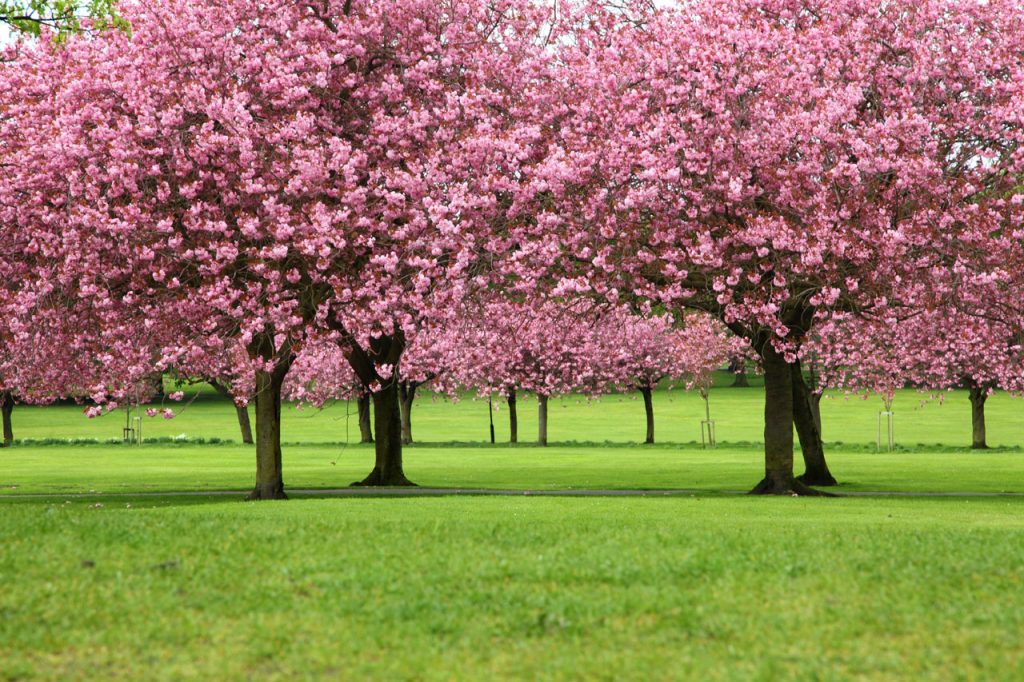
At the request of many contributors, we are continuing to share ways writers and artists can lend a hand to different places in the world.
Literary Ways to Help Sudan
Donate books to Books for Africa (mail to Georgia, USA)
Donate to or offer professional expertise to the South Sudan Library Project
Literary Ways to Help The Democratic Republic of Congo
Congo Library – people and organizations have donated books to a shipping center in California to build a library in the Democratic Republic of Congo.
Books for Congo – sets up and contributes to libraries and a bookmobile, takes donations of books and cash and buys books by local and African authors.
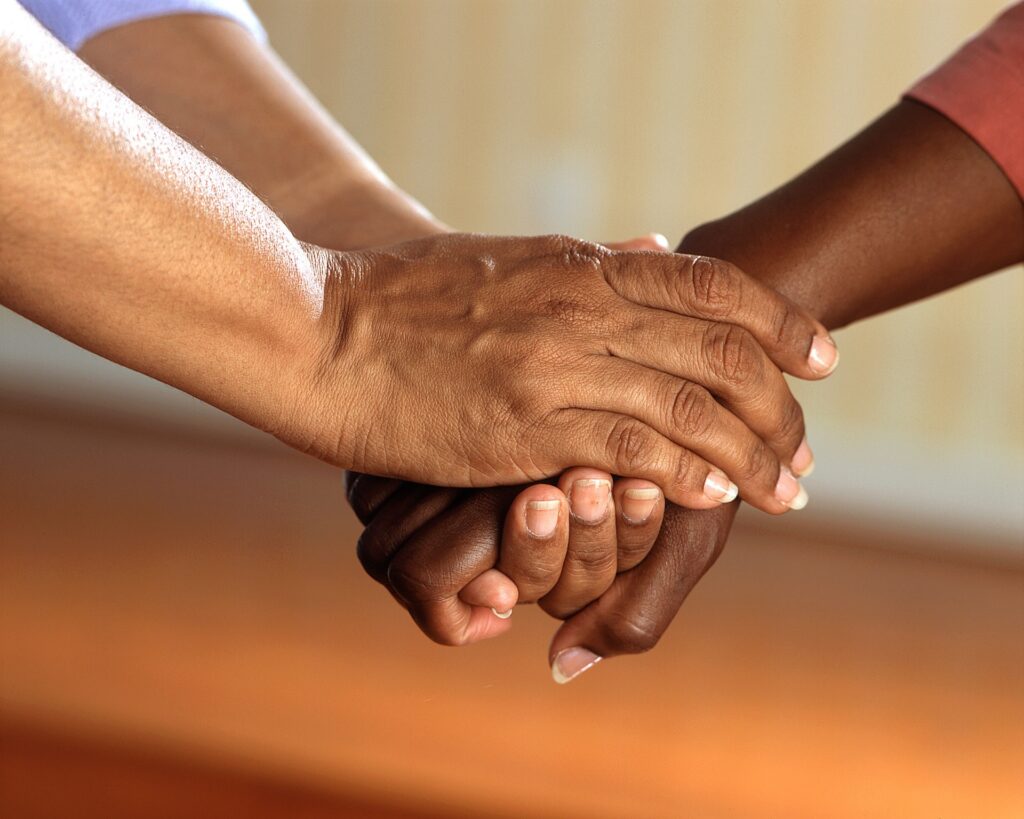
Freelancers In Gaza Seeks Mentors To Virtually Coach Freelance Professionals
From Freelancers in Gaza:
We are looking for all forms of support in mentorship, like teaching Arabic to non-Arabic speakers, computer skills, writing and editing, journalistic skills, etc. So all types of support will be helpful. Those who are interested in being mentors will need to send us short bios, their best way of communication (email), and a headshot. This will then be added to our pool of mentors here: https://www.freelancersingaza.com/mentors.
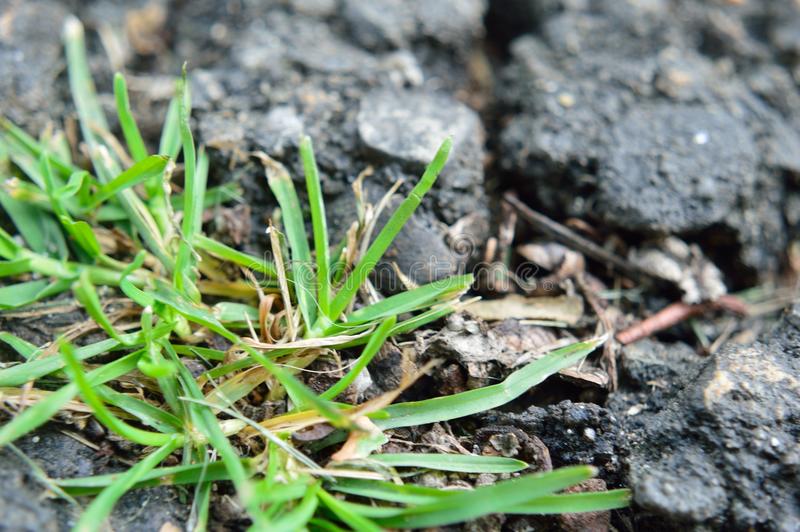
This month’s issue celebrates effusions of life: human art and creativity, human love and compassion, and the flowering of the natural world.
Sayani Mukherjee depicts the elegant fragility of a rose as Brian Barbeito’s photography and prose evokes summertime in a strange, wild, and mysterious natural place in the summer. Wazed Abdullah revels in the vast expanse of the sky, during both daylight and nighttime.
Mark Young explores the power of details: parts of speech, flower petals, and thoughts.
Echezonachi Daniel speculates on nature and deconstructs some of what we as humans project onto other species.
Brian Barbeito, in his prose piece, takes a starling bird as a starting point to reflect on native vs introduced species, philosophy and faith, fair-weather versus dedicated believers, and what it means to be committed to something.
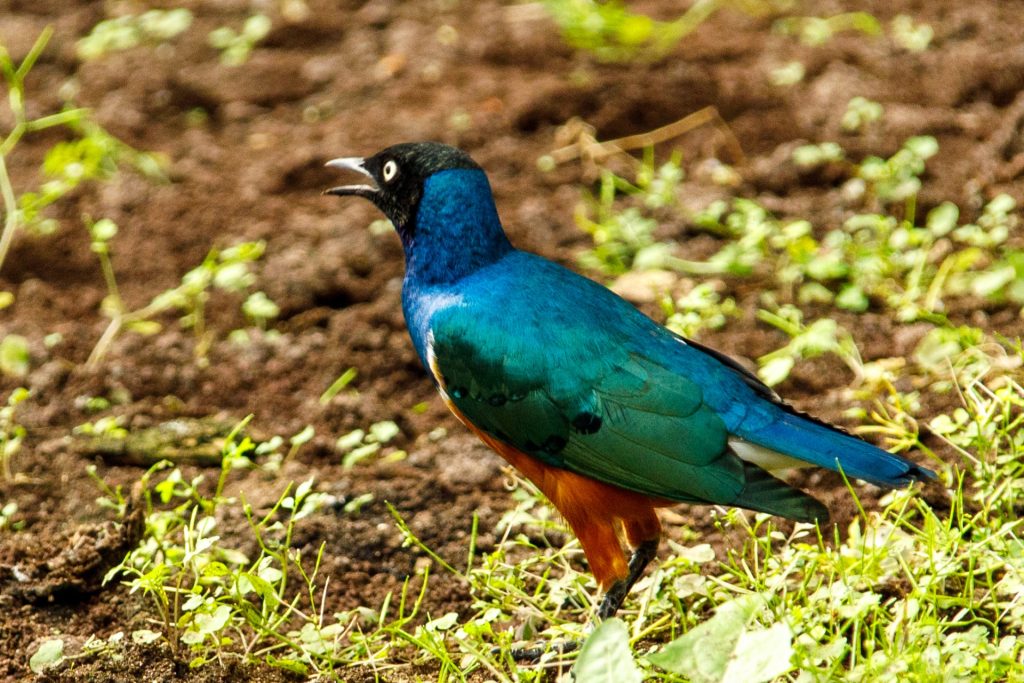
Isabella Mori writes of a trip through Canada when she encountered nature and simple human kindness. Christopher Bernard illustrates the caring, nurture, and steadiness of loving fathers. Azimjon Toshpulatov highlights her love for her mother by apologizing for having hurt her, and Rizwan Islam honors his through an essay on her dedicated service to so many people. Lazizakhan Khalilova shares a story where a young child discovers that noticing and helping others is part of growing up.
Mohichehra Qurbonova shares a story of the perseverance of a disabled girl to achieve her goals and build a life with meaning. David Sapp recollects memories of a friendship he developed with a developmentally disabled person whom he came to regard with respect.
Mesfakus Salahin conveys the experience of losing himself in romantic love. Eva Petropoulou Lianou’s poetry celebrates the joy of love and romance. Sushant Thapa describes getting to know a lover as a form of art and a journey.
Dimitris Passas shares a story of drug addiction and the sufferings of forced withdrawal and the quest for family love. John Grochalski speaks to the awkwardness of negotiating and crossing boundaries within parasocial relationships: people we see in media or with whom we have a business relationship.
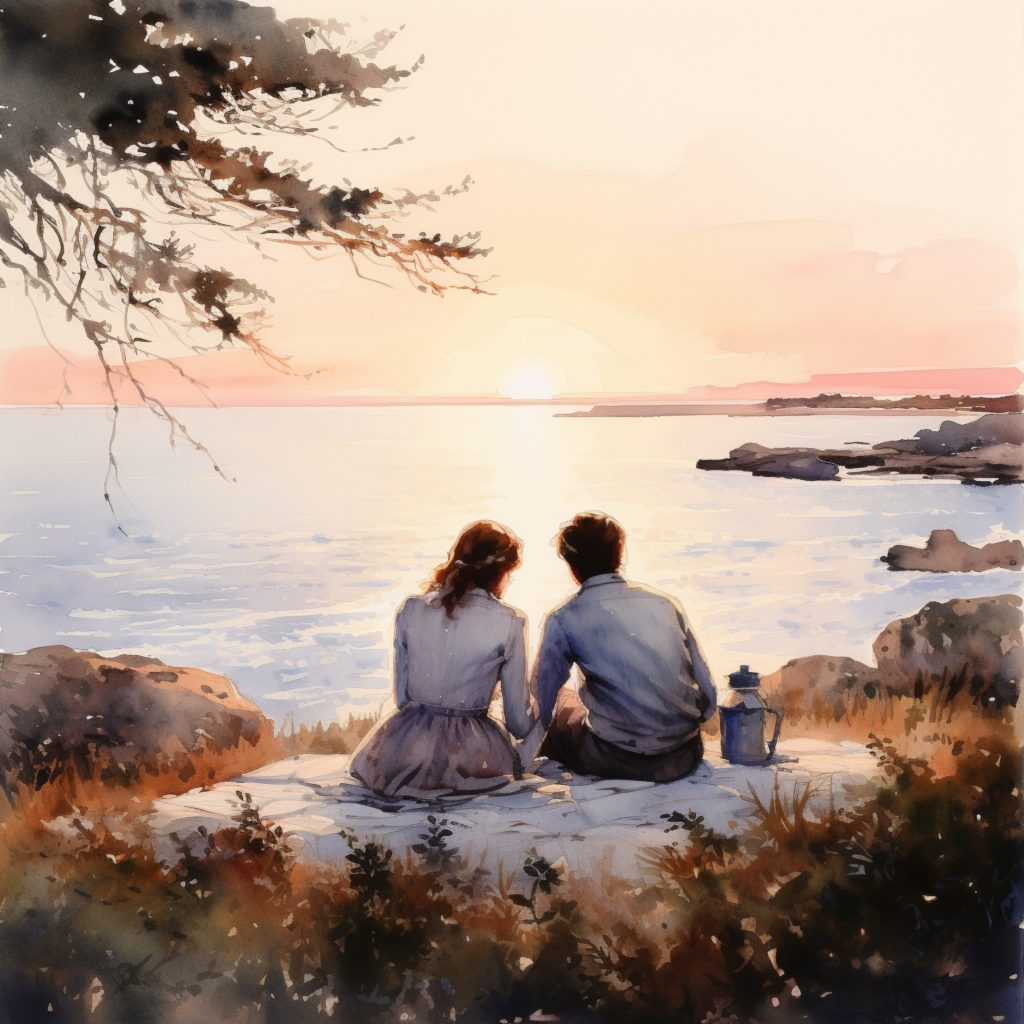
Lewis LaCook shares pieces about travel, lost love, and finding and creating the world around us. Jesse Emmanuella writes of the human experience: death, grief, and new love. Tareq Samin depicts nature and romantic love in his piece, drawing on trees and stars for analogies to his feelings.
Elmaya Jabbarova reminisces about time with someone she loved in a beautiful garden she can no longer visit. Maja Milojkovic’s narrator speaks of her dual love for India and for a man she married there. Abdul Razzaq Al-Amiri evokes a romance that is also a deep spiritual quest. Amina Sahi conveys the pure spiritual joy of a lovers’ meeting off of a woman’s outdoor balcony in fragrant, sunny spring as Mahbub presents an exuberant couple scampering through fields and blooming rosebushes.
Dr. Jernail Anand reminds us that caring for others and self-respect is more important than money. Marjona Jorayeva highlights how the national value placed on human compassion is integral to the cultural and natural wealth of Uzbekistan. Sarvinoz Tuliyeva explicates the humane spirit of O’tkir Hashimov’s short story “Yanga.”
Bill Tope’s short story comments on two problems of America’s school system: gun violence and bullying, and the lack of compassion, cruelty, and injustice at the roots of both. Lilian Dipasupil Kunimasa laments the knowledge she has of life’s suffering and how she cannot save her loved ones. Faleeha Hassan conveys the worry and loneliness of a soldier’s mother who cannot share ordinary daily news with her son while Nosirova Gavhar shares a tale of love that waits even after death.
Dr. Prasannakumar Dalai explores lost love, pain, and despair in his poetry as Graciela Noemi Villaverde expresses her visceral grief for her departed husband. Poet Sandy Rochelle, on her birthday, chooses love over fear and pain.
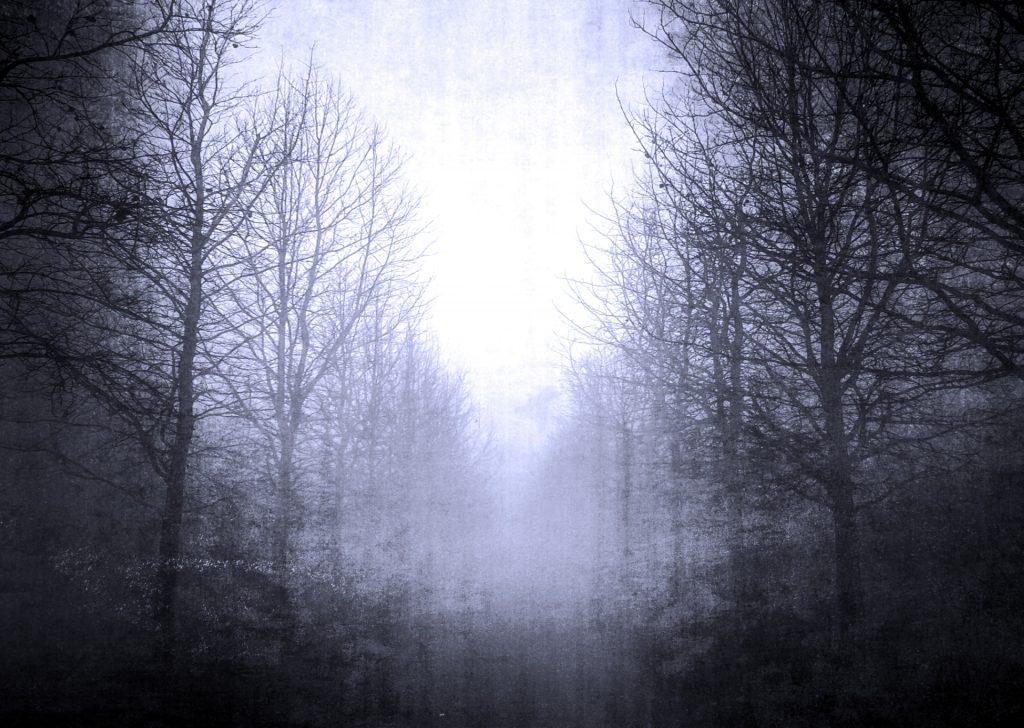
John Martino relates pieces of moments, thoughts, and encounters told with humor and humanity. J.D. Nelson’s haikus capture moments of surprise, when something changes in the world. Duane Vorhees invites us as humans to consider how we’ll act and love each other in the light of a world implacably changing all around us. Easa Hossain urges us to remember the past yet adapt to and welcome the present.
Lidia Popa expresses what she would do if she were in charge of time and destiny. Maid Corbic expresses his loneliness around people who are stuck in the past. Amanbayeva Dinora offers the advice of centuries for career builders and job seekers as Saparbayeva Aziza outlines what she likes, and what she doesn’t, in books from her Uzbek cultural tradition.
Zulkhumor Fosilbekova highlights the value of education for people and society. Gulsevar Xojamova suggests a positive role for technology in elementary and high school education in Uzbekistan. Sushama Kasbekar celebrates the technology of her new fridge, but acknowledges her confusion at its complexity.
Bruce Roberts laments humans and human art’s replacement by robots who feel themselves to be an improvement. Rezauddin Stalin celebrates human knowledge and the joy we find in discovering human wisdom from ages past.
Chris Butler speaks to the limitations of human knowledge and perception in light of the near-eternal nature of some parts of the natural and physical world. Isabel Gomez de Diego’s photography highlights the smallness of humanity in the light of natural and cultural history.
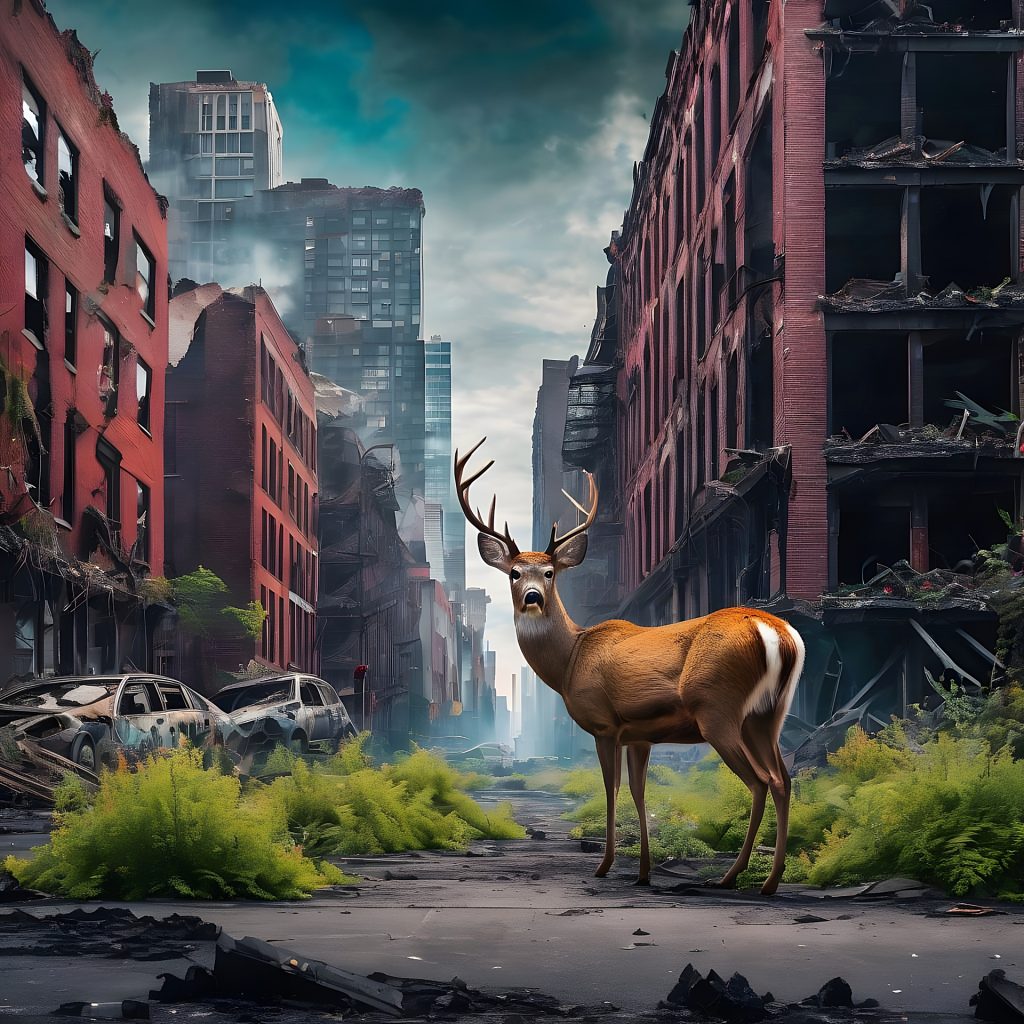
Gregorz Wroblewski pokes at the nature of a poem, at memorializing imperfect humans, and at our reasons for creating high literature. Tuyet Van Do seeks out underlying truths beneath cultural narratives.
Many humans create in this issue, for reasons of their own. Texas Fontanella sends us energetic rap music and Vernon Frazer brings us on a long tour de force of jazzlike symphonic crescendos of words. Grzegorz Wroblewski’s artwork shows poetry as a physical object, focusing on the looks of words on the page rather than what the words say. Diana Magallon’s visual art combines squares and cubes into shapes that seem 3-D on a two-dimensional space.
Alan Catlin contributes an artistically edited tour-de-force of global sociology, Western psychology, infrastructure and logistics, and criminal forensics. Patrick Sweeney explores themes of worry, complexity, and communication in his series of short pieces.
Noah Berlatsky reminds us that all dedicated writers, even hobbyists, can be considered authors and poets. Fadwa Attia highlights how an artist’s identity and background can inspire or inform their work. Z.I. Mahmud illustrates how a graphic novel was an ideal and useful form for Marianne Satrapi to tell her story in Persepolis of surviving Iran’s 1970s Islamic revolution.
Kylian Cubilla Gomez’ photography is at once playful and introspective, examining small portions of nature and human life.
Sadiya Abdulaziz looks to her own body and life for wisdom, examining the scars on her body to relate her history. Zeboxon Akmalova explores the very common and human feeling of loss.
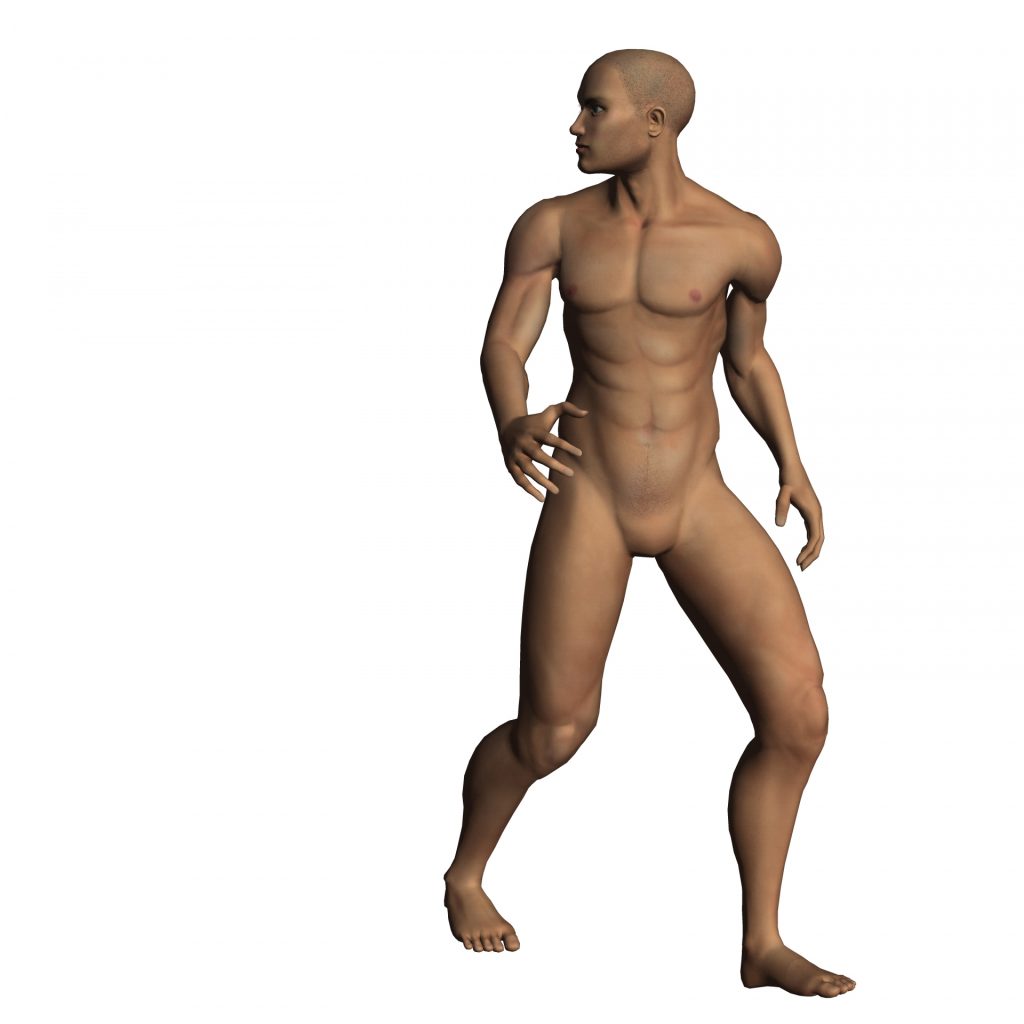
Jason Ryberg’s poetry is a mixture of humor and commentary on human perception. Jim Meirose’s “reformed solemniac” piece offers up a funny take on insomnia. J.J. Campbell shares poetry about lasting beyond one’s prime and anyway, or just realizing that you’re older and still around.
Daniel De Culla contributes an earthy poem of dissatisfaction with the world’s proffered enjoyments. Michael Robinson recollects a lifetime of comfort and peace found through his Christian faith. Hillol Ray points to his sources of poetic inspiration and how he finds meaning in life through creating work in partnership with nature. Maheshwar Das encourages us to get beyond short-sightedness and materialism and focus on love for one another and care for creation.
Sheila Murphy sends us poetry of self-assertion and boundary-setting. Kristy Raines interviews Burmese Rohingya refugee Faisal Justin, who shares his journey of escaping oppression in Myanmar. Mykyta Ryzhykh explores how to capture the threatened Ukrainian civilization in poetry, probing their beauty, joy, and hardship.
Jacques Fleury highlights how the allostatic stress of being discriminated against and “othered” even at smaller levels contributes to bad health effects for minority populations.
Adiba Pardabayeva celebrates the lasting power of her basic Uzbek cultural values, including respect, dignity, and modesty.
We hope the many high-minded and intriguing sentiments of this issue will linger in your minds and hearts. Thank you for reading our first July issue!

Love the inspiring pragmatic social consciousness of this issue and others like it…designed to exult impassioned artists and readers to action.THIS is a literary publication replete with heart, soul and deliberate purposeful activism. I am grareful to have my poem “Symptoms of High Blood Pressure” and “The Only Way to See the Stars” published in this issue! Merci Beaucoup!
Hey people!!!!!
Good mood and good luck to everyone!!!!!